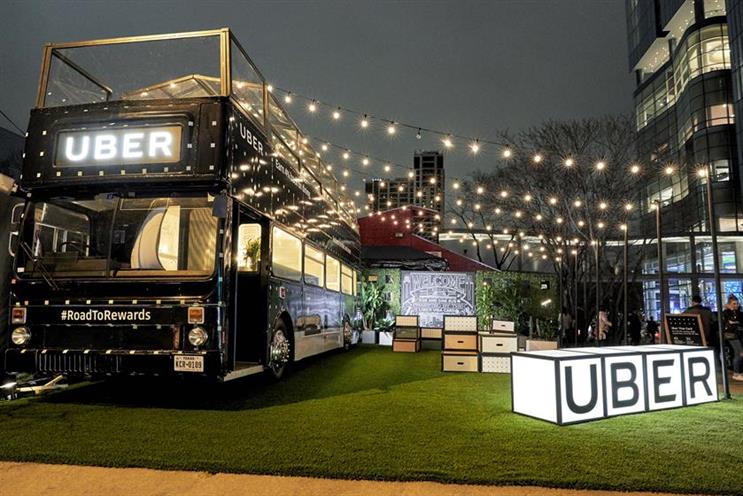
Some years ago, there was a sense that companies like Uber and Airbnb were changing the world in a very positive, sharing way. We believed that these organisations would drive more informal forms of activity and allow sharing between those that had resources to share, and those that needed them. In the case of Airbnb, this would mean that customers could get better deals and would not be beholden to corporate hotel chains. We would also no longer be subject to the tyranny of taxi businesses, as Uber would provide us with a much cheaper transportation option. For very obvious reasons this was highly appealing.
Yet today we find ourselves in a situation where companies like Airbnb and Uber are no longer considered drivers of an exciting, informal, sharing economy, or at least, not in the loving way we envisaged several years ago. While the initial vision was appealing, as highlighted by The Guardian, there were problems with it, which have led to “big money seizing the sharing economy”. The problem was that there was no involvement either from government or from social movements, it argues. This led to a problem whereby small, local services of this nature were not protected or aided, and they in many cases have fallen by, overtaken by commercial competitors with tremendous funds at their disposal.
This can be compared to the development of the welfare state in the 20th century. In the United Kingdom, so far, there has been protection to a large degree against provision of services such as health and education by major commercial providers. Instead, these types of entities, providing critical services to people who need them, were mostly ringfenced and kept away from the commercial market. No one would argue that the welfare state is perfect, and today it is under pressure from being commercialised. However, at a fundamental level, the welfare state offers important features such as decision making that is democratic, as well as local.
This type of protection did not emerge for digital platforms that offer services, allowing direct interaction between people and other people. Instead, big money saw the opportunity open to id and swooped in. These helpful digital platforms got swallowed up by global investment. This was not initially a problem, and lots of sharing occurred. Consumers were especially happy with opportunities to find accommodation more cheaply, and to share a ride with someone going in the same direction to avoid paying excessive taxi fares. Those consumers with items to share, such as their car or their home were delighted to make a little extra money from their resources that were being wasted – in the sense that they were not used 100%.
However, now people are realising that the good times are over – or in fact, maybe they never were. In the case of Airbnb, people and businesses are investing in homes that they can rent out utilising the platform, making it challenging for residents in local areas to find property that they can rent or purchase at an affordable price. Meanwhile, Uber has come under fire for its poor treatment of drivers. It is also considered highly likely that when the time comes, Uber will completely get rid of its drivers in favour of self-driving cars. From a profitability standpoint, this makes complete sense.
All of this ultimately creates a lot of waste, and a lot of problems, rather than a lot of sharing. In particular, there are reports of numerous empty properties in some destinations, due to unaffordability, but also not being filled by Airbnb guests all that much either. It is important to realise that the smart city, artificial intelligence and blockchain also make great promises, not unlike the early days of the sharing economy. Again, these ideas will seem very alluring at the outset. However, without intervention that aims to ensure that people are protected from capitalism, it seems likely that such endeavours have the potential to go down a similar damaging road.
We need to be careful not to be drawn into the fantasy that is being presented to us, and consider what it means. Is our democratic society compromised? While we have yet to see what the new technologies can bring, here we must learn from the mistakes of the past.

Maria Fonseca is the Editor and Infographic Artist for IntelligentHQ. She is also a thought leader writing about social innovation, sharing economy, social business, and the commons. Aside her work for IntelligentHQ, Maria Fonseca is a visual artist and filmmaker that has exhibited widely in international events such as Manifesta 5, Sao Paulo Biennial, Photo Espana, Moderna Museet in Stockholm, Joshibi University and many others. She concluded her PhD on essayistic filmmaking , taken at University of Westminster in London and is preparing her post doc that will explore the links between creativity and the sharing economy.



























